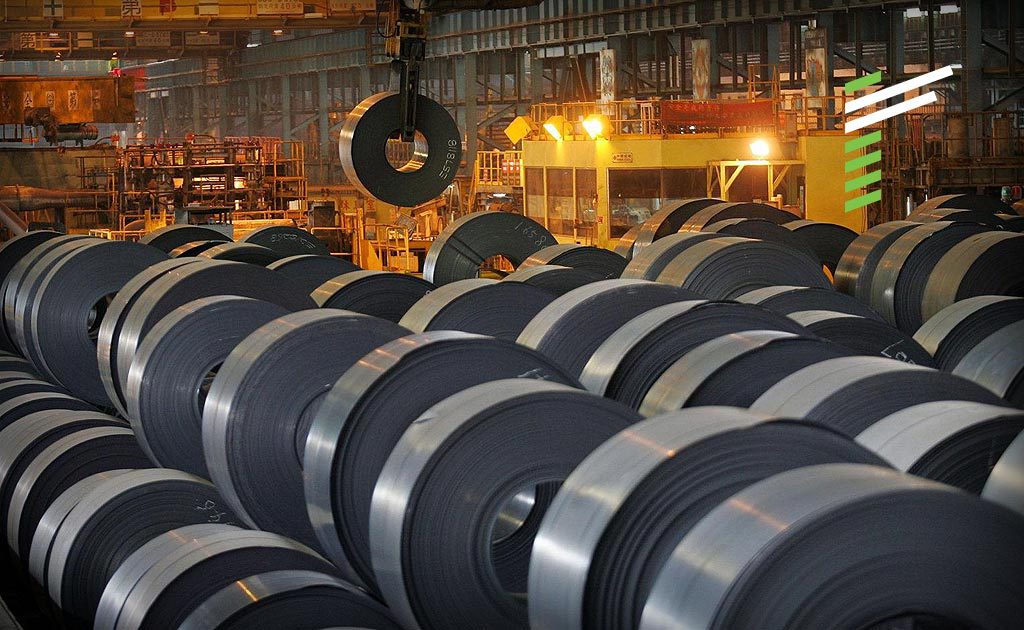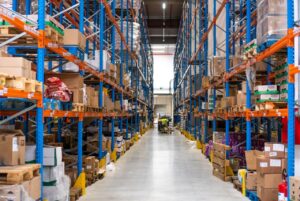BACKGROUND
The Client is a growing steel manufacturer. From a single-product manufacturing unit, the company has grown to become one of the country’s major steel companies in South Asia.
It is a backwards-integrated steel manufacturer offering a portfolio of products including iron ore pellets, sponge iron, billets, ferro alloys, light and heavy rolled steel structures and thermo-mechanically treated (TMT) bars. It also has three power plants for captive consumption, making the company a fully integrated steel manufacturer.
RESULTS
100%
Maintenance compliance increased from a 30% baseline
33.4%
Daily production of steel melting shop increased
22.38%
Daily heats increased
3.22%
Average heat cycle time improved
2.1%
Average furnace availability increased
THE CHALLENGE & ANALYSIS
The Client’s vision is to become the leading steel producer in South Asia. To achieve this vision in an expanding market by leading the competition in the digital arena, the company brought all its data and review mechanisms into an online platform with near real-time visibility.
The company, however, was facing challenges associated with their steel melting shop (SMS), which was running below its optimum capacity. In addition, utilisation of the functionality of their ERP maintenance software was suboptimal with low user awareness and compliance.
The Client engaged Renoir to improve operational efficiency by implementing management control systems and drive sustainable improvement in the three identified areas; Digitisation, SMS furnace operations, use of and compliance with ERP maintenance software.
PROJECT APPROACH
The objectives of the engagement were to implement digital dashboards, raise ERP compliance and improve performance of the SMS. This included preparation of KPIs (leading and lagging), monitoring variances and systematic execution of actions to address performance issues. Changes were to be underpinned by training in new management systems and processes.
A full-time dedicated Taskforce team was selected from various divisions within scope and who were supported by full-time Renoir consultants. Simultaneously, two Management Action Teams (MATs) – Digital and SMS – were set up consisting of division and functional heads on a part-time basis. The MATs had the responsibility to drive the project within their areas and achieve desired results.
The approach began with studies to analyse performance data, management system effectiveness and behaviours. The studies identified issues with management systems associated with the smelter and poor compliance with ERP maintenance procedures.
After the data studies, the next step was to map the production process to understand the effectiveness of the systems for ensuring process adherence and control. The as-is system was compared with world class operations management systems to identify missing system elements. This gap analysis formed the basis of the final step, namely the implementation of changes to deliver the business performance improvements.
“ Stay Positive, Work Hard, Make it Happen. The team Renoir and [the company] combined did it. The change and the growth, both we did in short span of time. Now it is time to sustain and make continual improvements…. ”
Chief Operating Officer
IMPLEMENTATION
The project plan was created in consultation with project team. The 24-week project was divided into following time-bound phases:
- Project Setup & Renoir Focus Process®: This phase included Task Force team selection, Task Force training, Management Action Team formation and the Steering Committee formation. During the Focus Process®, as-is and to-be systems were mapped (design and development) and KPIs were defined. These were discussed with all stakeholders and systems to be implemented in the field were identified.
- Implementation: Starting in the 6th week of the project, all the systems were trialled to assess how well they supported the overall objectives. This included tracking of all division performance KPIs and maintenance compliance.
- Sustainability & Handover: During this phase, the Client team took over all project implementation activities with Renoir monitoring activities. This ensured that everyone understood the implemented systems and take the initiative forward once Renoir’s involvement was no longer needed. To foster sustainability of the results, a quantitative audit system was developed that provided an objective assessment of compliance, understanding and usage of all implemented systems. This would then facilitate measurement of systems effectiveness.
Systems for efficient data-capture and reporting were established and deployed to improve availability of data and expedite decision making. All major review system elements such as MAT presentations were made available in digital format resulting in significant time saving for data collation, verification preparation and presentation on a daily, weekly monthly basis.
Production, maintenance and quality KPI dashboards were installed to improve planning of activities and understating of deviations, which in turn provided a basis for setting KPIs and review of deviations for setting KPIs, review mechanism were reviewed to improve the flow of information from the shop floor to decision makers.
A digital approach for performance monitoring was institutionalised, and motivational elements such as rewards and recognition (monetary incentives) were introduced for improving performance.
KEY RESULTS
100%
Maintenance compliance increased from a 30% baseline
33.4%
Daily production of steel melting shop increased
22.38%
Daily heats increased
3.22%
Average heat cycle time improved
2.1%
Average furnace availability increased
CONCLUSION
The project work not only established management control systems across all divisions but also strengthened the foundation for future operational excellence initiatives. It encouraged the entire team to achieve better results. The project objectives were fully met and having established a culture of continuous improvement, the Client is now better placed to realise its vision.










